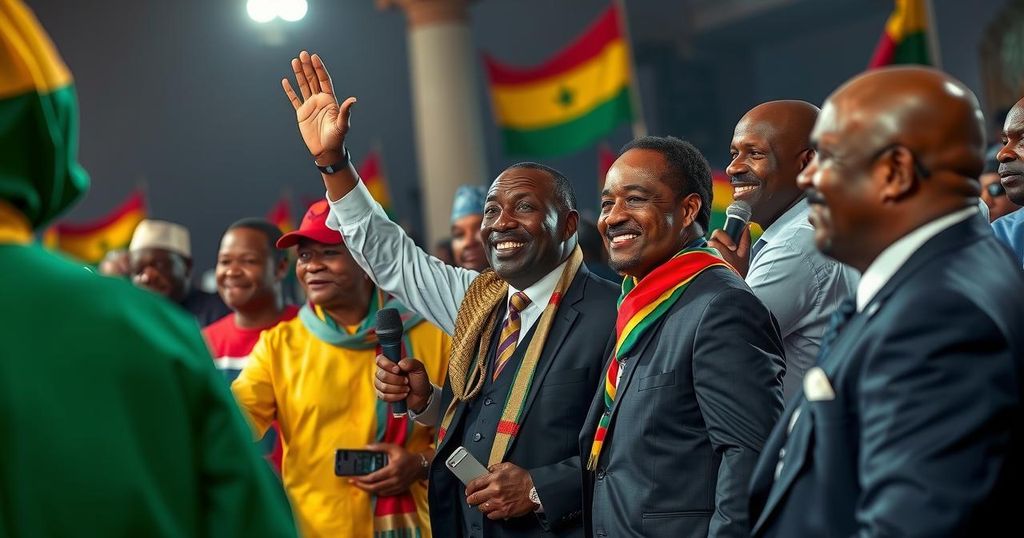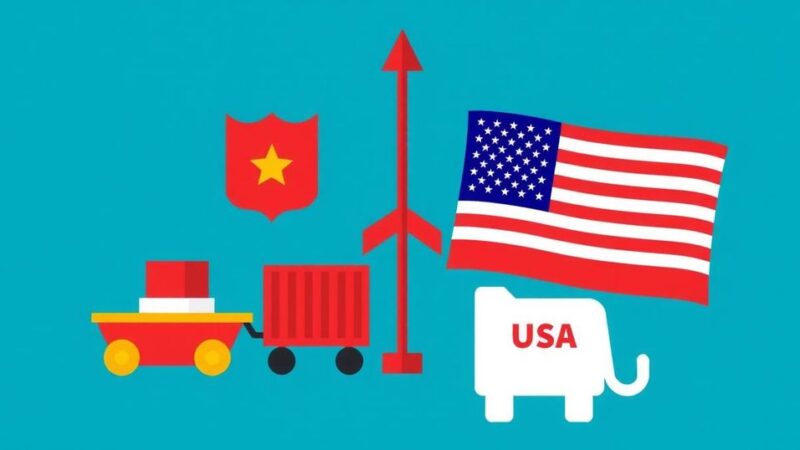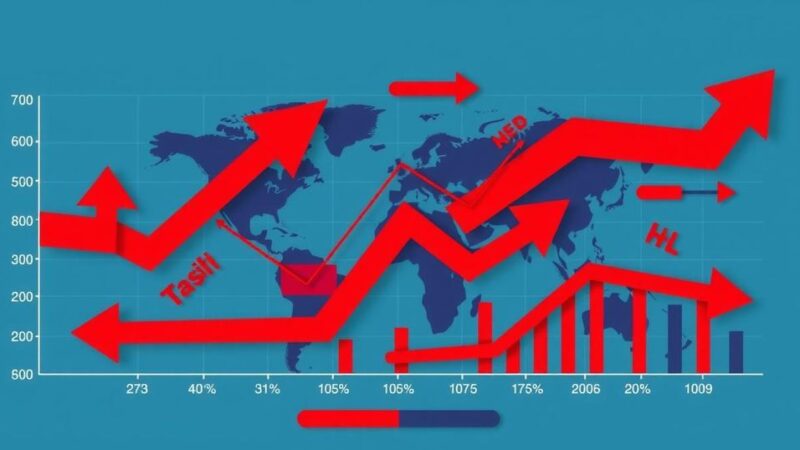The cost of running and winning elections in Ghana has escalated dramatically, with estimates suggesting a minimum of GH₵1.5 billion (approximately $100 million) required for a presidential campaign. Concerns regarding illicit sources of campaign financing and the overall impact on democracy have been raised by research from the Center for Democratic Development. Significant funds are being allocated by the Electoral Commission for the 2024 elections, highlighting the financial strains within the political system.
Ghana’s electoral landscape has evolved significantly, raising concerns regarding election financing, especially as it relates to the integrity of political processes. The Center for Democratic Development (CDD) has warned that a substantial portion of the campaign funds might originate from illicit activities. In prior elections, Ghana’s Electoral Commission has reported substantial expenditures on election-related activities, including more than GH₵760 million (approximately $51 million) in 2020 alone for the general elections. This year, the Commission has requested GH₵786.9 million (nearly $52 million) to conduct the upcoming 2024 elections, alongside an additional GH₵140 million (about $9.3 million) deemed necessary for adequate preparation.
The cost of winning a presidential election in Ghana is staggering, with estimates suggesting a minimum of GH₵1.5 billion (around $100 million) required. This financial burden is reflective of trends noted in past elections and suggests a need for substantial financial backing, often incentivized by expectations of returns on investment from various stakeholders. Political financing regulations exist; however, loopholes remain, particularly concerning foreign contributions to candidates, raising concerns over transparency and accountability in electoral financing practices.
As campaigns progress, parties incur significant expenses related to advertising, grassroots projects, polling agent payments, and other election-related activities. This environment raises questions about the sustainability and ethical implications of such spending in Ghana’s political framework.
Despite existing laws regulating party funding and requiring disclosures to the Electoral Commission, enforcement appears to be lacking, leading many to anticipate ongoing financial complexities in future elections that could undermine the democratic process.
Ultimately, unless substantial reforms on campaign financing are enacted and enforced, the financial demands of mounting a credible campaign will likely deter capable candidates without substantial financial backing, thereby diminishing the overall quality of governance in Ghana.
The issue of election financing has garnered significant attention in Ghana, mirroring trends observed across various African democracies. The discourse often indicates that the overarching influence of money in politics poses serious threats to the integrity of electoral processes. This situation is compounded by the perception that many politicians are obligated to repay their financial backers, which can lead to corruption and a democratic deficit. Notably, the CDD’s research underscores these concerns by revealing the alarming financial requirements necessary for candidates to successfully engage in national elections.
In conclusion, the financial landscape surrounding elections in Ghana is fraught with challenges that threaten the integrity of its democracy. With candidates facing exorbitant costs, often to the tune of GH₵1.5 billion to secure a presidential victory, there is a pressing need for reforms in campaign financing laws to ensure equitable political competition and mitigate corruption. Until such changes are implemented, the cycle of money influencing politics is likely to continue, diminishing the effectiveness of Ghana’s electoral systems.
Original Source: www.bbc.com






